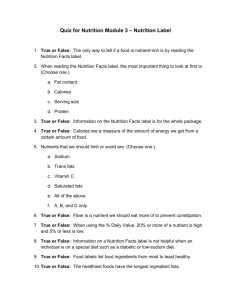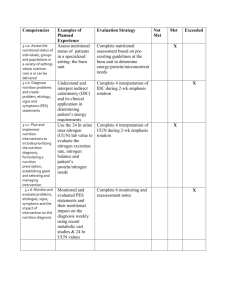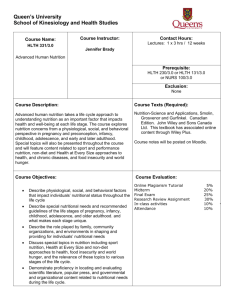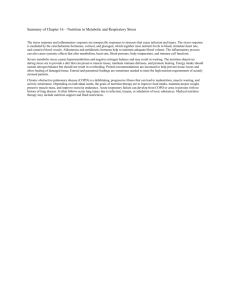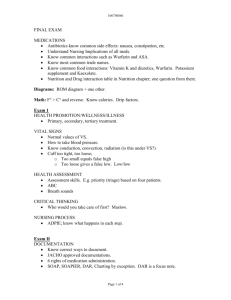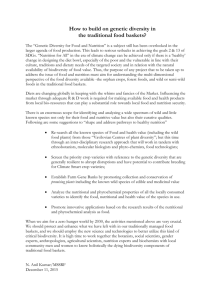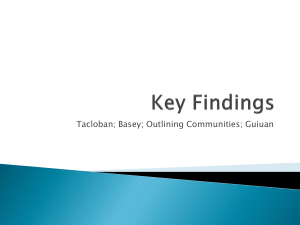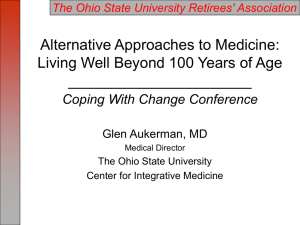Conference Series Calendar - Complementary & Integrative Medicine
advertisement
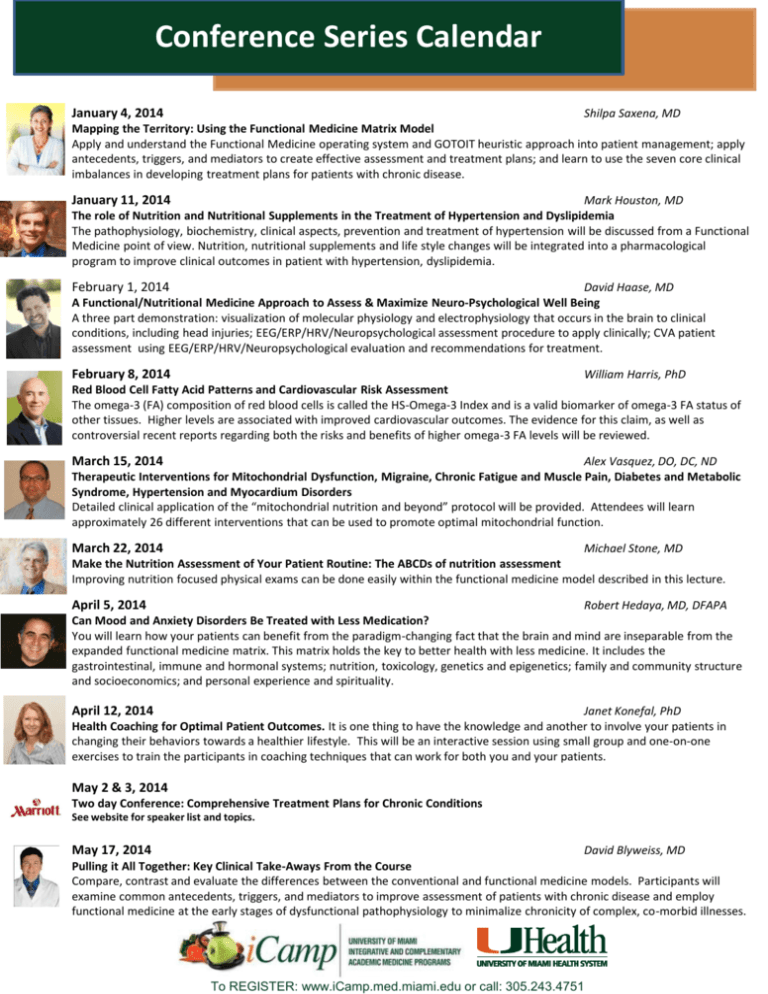
Conference Series Calendar January 4, 2014 Shilpa Saxena, MD Mapping the Territory: Using the Functional Medicine Matrix Model Apply and understand the Functional Medicine operating system and GOTOIT heuristic approach into patient management; apply antecedents, triggers, and mediators to create effective assessment and treatment plans; and learn to use the seven core clinical imbalances in developing treatment plans for patients with chronic disease. January 11, 2014 Mark Houston, MD The role of Nutrition and Nutritional Supplements in the Treatment of Hypertension and Dyslipidemia The pathophysiology, biochemistry, clinical aspects, prevention and treatment of hypertension will be discussed from a Functional Medicine point of view. Nutrition, nutritional supplements and life style changes will be integrated into a pharmacological program to improve clinical outcomes in patient with hypertension, dyslipidemia. February 1, 2014 David Haase, MD A Functional/Nutritional Medicine Approach to Assess & Maximize Neuro-Psychological Well Being A three part demonstration: visualization of molecular physiology and electrophysiology that occurs in the brain to clinical conditions, including head injuries; EEG/ERP/HRV/Neuropsychological assessment procedure to apply clinically; CVA patient assessment using EEG/ERP/HRV/Neuropsychological evaluation and recommendations for treatment. February 8, 2014 William Harris, PhD Red Blood Cell Fatty Acid Patterns and Cardiovascular Risk Assessment The omega-3 (FA) composition of red blood cells is called the HS-Omega-3 Index and is a valid biomarker of omega-3 FA status of other tissues. Higher levels are associated with improved cardiovascular outcomes. The evidence for this claim, as well as controversial recent reports regarding both the risks and benefits of higher omega-3 FA levels will be reviewed. March 15, 2014 Alex Vasquez, DO, DC, ND Therapeutic Interventions for Mitochondrial Dysfunction, Migraine, Chronic Fatigue and Muscle Pain, Diabetes and Metabolic Syndrome, Hypertension and Myocardium Disorders Detailed clinical application of the “mitochondrial nutrition and beyond” protocol will be provided. Attendees will learn approximately 26 different interventions that can be used to promote optimal mitochondrial function. March 22, 2014 Michael Stone, MD Make the Nutrition Assessment of Your Patient Routine: The ABCDs of nutrition assessment Improving nutrition focused physical exams can be done easily within the functional medicine model described in this lecture. April 5, 2014 Robert Hedaya, MD, DFAPA Can Mood and Anxiety Disorders Be Treated with Less Medication? You will learn how your patients can benefit from the paradigm-changing fact that the brain and mind are inseparable from the expanded functional medicine matrix. This matrix holds the key to better health with less medicine. It includes the gastrointestinal, immune and hormonal systems; nutrition, toxicology, genetics and epigenetics; family and community structure and socioeconomics; and personal experience and spirituality. April 12, 2014 Janet Konefal, PhD Health Coaching for Optimal Patient Outcomes. It is one thing to have the knowledge and another to involve your patients in changing their behaviors towards a healthier lifestyle. This will be an interactive session using small group and one-on-one exercises to train the participants in coaching techniques that can work for both you and your patients. May 2 & 3, 2014 Two day Conference: Comprehensive Treatment Plans for Chronic Conditions See website for speaker list and topics. May 17, 2014 David Blyweiss, MD Pulling it All Together: Key Clinical Take-Aways From the Course Compare, contrast and evaluate the differences between the conventional and functional medicine models. Participants will examine common antecedents, triggers, and mediators to improve assessment of patients with chronic disease and employ functional medicine at the early stages of dysfunctional pathophysiology to minimalize chronicity of complex, co-morbid illnesses. To REGISTER: www.iCamp.med.miami.edu or call: 305.243.4751


